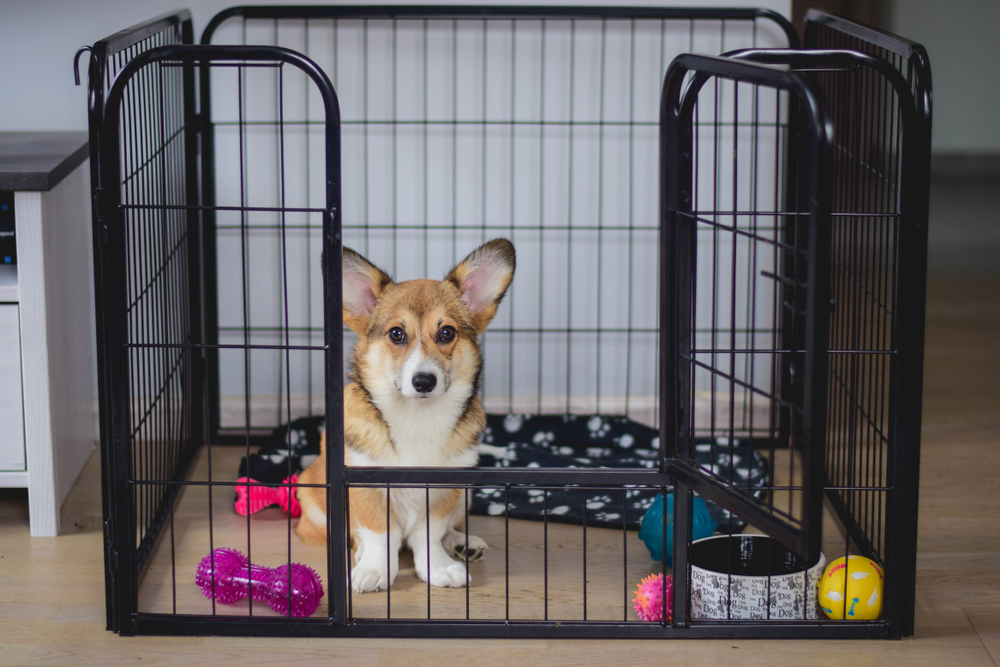Leaving behind a beloved pet can be stressful for both the owner and the animal, particularly for dogs prone to anxiety. Separation anxiety in dogs manifests through behaviors like excessive barking, destructive chewing, or attempts to escape when left alone. Addressing this issue is crucial not only for the well-being of the dog but also for ensuring a peaceful and enjoyable trip for the owner. Hence, as you read further, you will discover how to manage separation anxiety in dogs during summer travels.
Find a Trusted Friend or Relative
Finding a trusted friend or relative to care for your dog during your summer travels can significantly alleviate separation anxiety for your pet. This familiar face provides a sense of security and comfort, reducing the stress associated with your absence.
Start by identifying someone who has a good rapport with your dog and understands their needs and routine. Then, arrange a few trial visits or short stays to help your dog acclimate to their temporary caregiver and environment. Clear communication about feeding schedules, exercise routines, and any special care instructions is also essential. This approach not only ensures that your dog is in good hands but also allows you to enjoy your travels with peace of mind.
Leave Comfort Items
Comfort items are familiar objects that can provide a sense of security and reassurance to an anxious dog in the absence of their owner. These items might include a favorite toy, a blanket that carries the owner’s scent, or even an item of clothing the owner has recently worn. The presence of these familiar objects can help mitigate feelings of loneliness and stress, creating a more soothing environment for the dog.
By leaving comfort items, pet owners can help bridge the gap during periods of separation. This ensures their furry friends feel a continuous connection and a sense of calm even when they are not physically present.
See a Vet About Medication
Consulting a veterinarian about medication for a dog with separation anxiety is a crucial step for ensuring the well-being of the pet. A veterinarian can assess the severity of the anxiety and determine whether medication is appropriate as part of a comprehensive treatment plan. They may prescribe anti-anxiety medications or other pharmaceuticals to help manage the symptoms. This makes it easier for the dog to cope with periods of separation.
It’s important to follow the vet’s instructions carefully, as they will tailor the dosage and type of medication to the dog’s individual needs. Additionally, the vet can guide behavioral therapies and environmental modifications to complement the medication.
Trust Canine College with Summer Boarding and Training
Choosing Canine College for your summer dog boarding and training ensures your pet receives exceptional care and attention. This makes your time away stress-free for both you and your furry friend. With a team of experienced professionals dedicated to providing individualized care, Canine College offers a safe, nurturing environment where your dog can thrive. Their comprehensive training programs are designed to address specific behavioral needs, ensuring your pet returns home happier and better behaved. To learn more, contact us at 781-767-3908.


